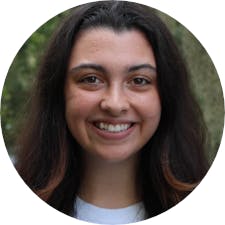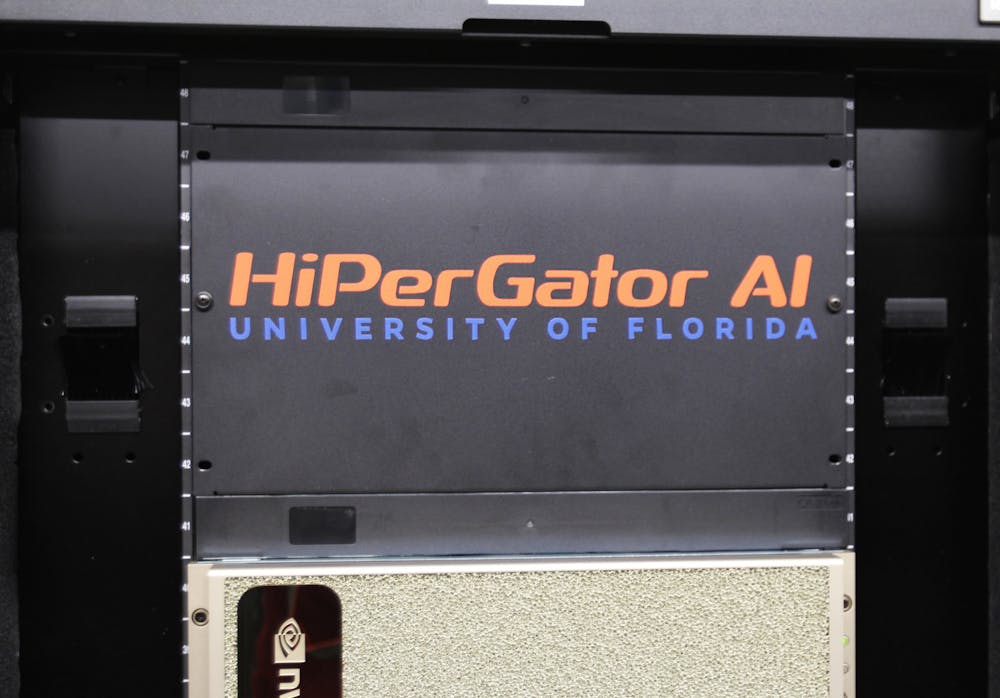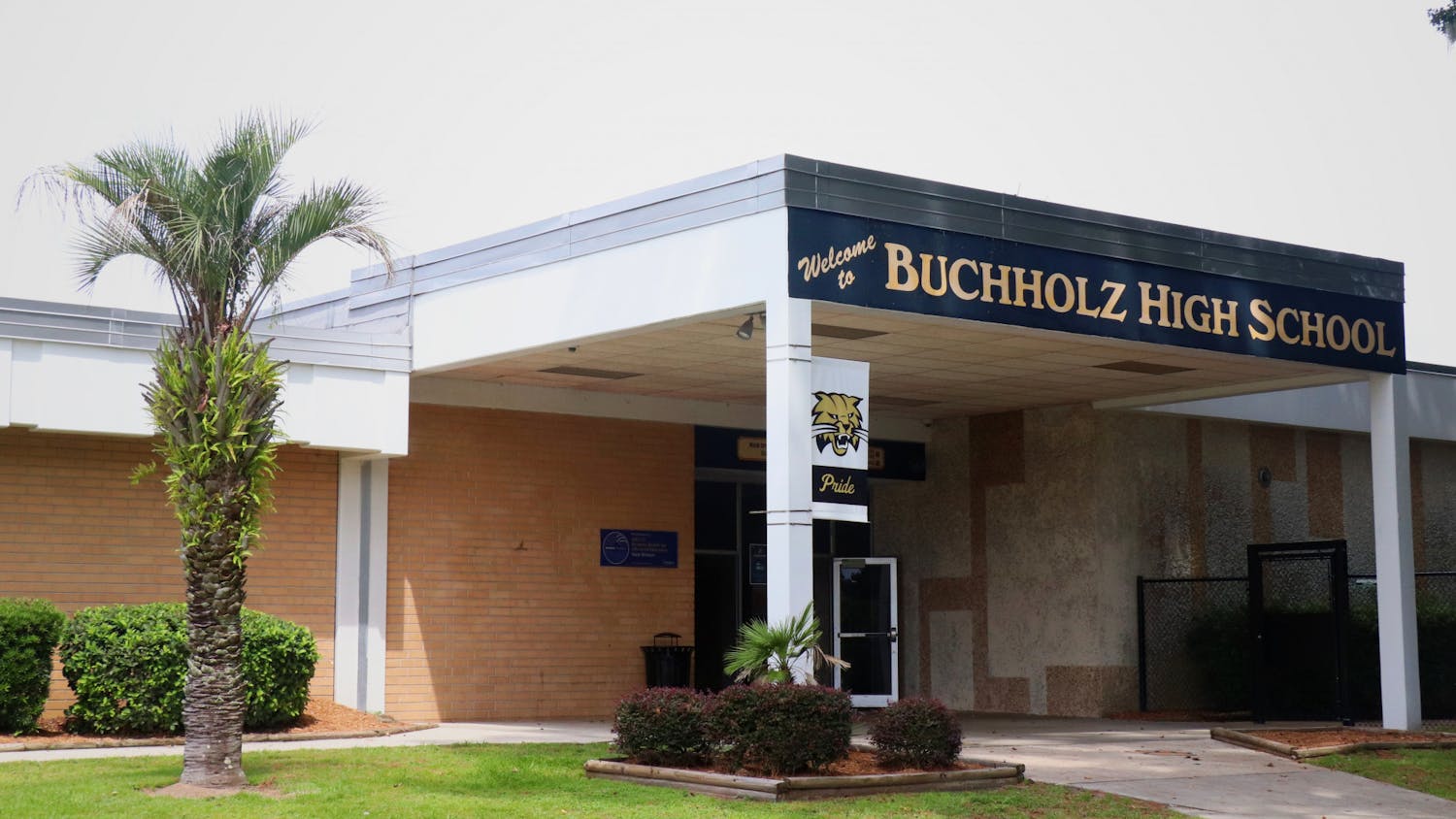Following recent rankings from Top500, the most referenced global list of supercomputers, UF’s HiPerGator artificial intelligence has been named the most powerful and energy efficient university-owned supercomputer in the United States.
Besides its national advances, HiPerGator AI also ranked No. 2 worldwide for energy efficiency.
The rankings not only bode well for the Artificial Intelligence Initiative, but are also welcoming news in UF’s pursuit of becoming a top five public university.
“The AI initiative and HiPerGator AI will dramatically enhance the reputation of UF by allowing its students and faculty to become experts in AI,” the director of UFIT Research Computing Erik Deumens wrote in an email.
Students and faculty from all academic disciplines will be able to utilize AI to solve real-world problems and conduct innovative research, which is an important criteria to get into the top five national public universities, Deumens said.
Since the beginning of HiPerGator AI’s use in 2013, the supercomputer has been drastically enhanced by an $80 million donation from UF alumnus Chris Malachowsky and NVIDIA — a computer systems hardware company he co-founded. NVIDIA has been an essential partner to the university by providing technology to improve HiPerGator’s computing power.
In January, the supercomputer became available to student and faculty researchers across the state university system at no charge. The university hopes that the move will help improve the economy by producing students ready for an AI workforce, as well as establish itself further as an AI national leader.
“We think we're the only university or college that is trying to take AI education to majors all across the full breadth of a college or a university,” associate provost David Reed said. “And so we're doing a lot of communicating with other colleges and universities to try and bring them along.”
Expanding possibilities for UF students to get experience with AI has been another initiative at the forefront of increasing student marketability after graduation, Reed said. The announcement of a new nine-credit AI certificate has been a step in achieving that goal.
Offered through the department of engineering education, the AI Fundamentals and Applications certificate is open to all majors and experience levels. In the certificate program, students will enroll in an AI fundamentals course, an ethics course and a college-specific course.
“Our goal is going to be to expand the number of students and to promote the program so more students take this certificate. We would really like to see a large part of all university students taking at least part of this certificate,” Hans van Oostrom, chair of the department of engineering education, said.
Involving faculty and staff in the incorporation of AI on campus has been another main focus. UF is fueling the mission to hire 100 more AI specialists across its 16 colleges, as well as other UF entities, by Spring 2022.
One recipient of faculty from the AI hiring cohort has been the Florida Museum of Natural History, which plans to utilize two new hires to work with AI databases and educate K-12 students on how to use AI.
Before the broader AI Initiative at UF, the museum had been a leader in digitizing U.S. biological collections and crafting interoperable data sets for the National Science Foundation over the past ten years, said Douglas Jones, the director of the Florida Museum of Natural History.
Now, in its beginning stages at the museum, machine-learning algorithms are able to interpret the digital data collections of over 40 million specimens and objects. The museum is also looking to expand its use of AI to observe how climate patterns have affected indigenous peoples’ migration patterns in Florida.
“Trying to sort out whether populations have migrated or things have gone extinct, it soon becomes impossible for a person to try to identify these pictures and so forth one by one by one,” Jones said. “But AI can do that fairly quickly, once the system has been trained and so we're excited about that possibility.”
In addition to the Florida Museum of Natural History’s mission to protect biodiversity, the AI hiring initiative will also benefit another area on campus committed to environmental preservation: the Center for Coastal Solutions.
A cohort of five faculty members was hired to work in the CCS, which is a 2020 UF initiative to prevent environmental, economic and health hazards to coastal communities. The new members’ responsibilities range from working with underwater robotics to computer science, director of the Center for Coastal Solutions Christine Angelini said.
Through a new partnership with SAS Institute — a business analytics software company — the center will also be using AI to integrate satellite data about the location of harmful algal blooms in Florida’s coastal waters. The center plans to use the AI-gathered information to guide rehabilitation efforts for coastal ecosystems.
Different academic centers on campus aren’t the only ones using AI to their advantage — UF research teams have also joined in. One research team is using AI technology to make homes energy resilient during natural disaster-induced power outages.
The research team — which is made up of engineering professors Prabil Barooah and Sean Meyn, UF alumnus Naren Srivaths Raman and graduate student Ninad Gaikwad — aims to provide solar energy to homes at a low cost through the use of an intelligent control system. The intelligent control system prioritizes how much power certain household devices get during an outage through AI algorithms.
“I've been able to get the skills that I needed, so that I can actually use it and pursue a career in this direction,” Raman said. “The positive impact that you can create on the society — that's something that's very fulfilling for me, so my plan is to continue in the same direction.”
Contact Makiya Seminera at mseminera@alligator.org. Follow her on Twitter @makseminera.

Makiya Seminera is a UF international studies and Arabic senior, with a minor in mass communication. She's currently the editor-in-chief of The Alligator, but has previously served as university administration reporter, The Avenue editor, social media manager and opinion editor. She also serves as managing editor for Florida Political Review. Over summer, she interned with The State in Columbia, South Carolina, as a politics & government reporting intern.






